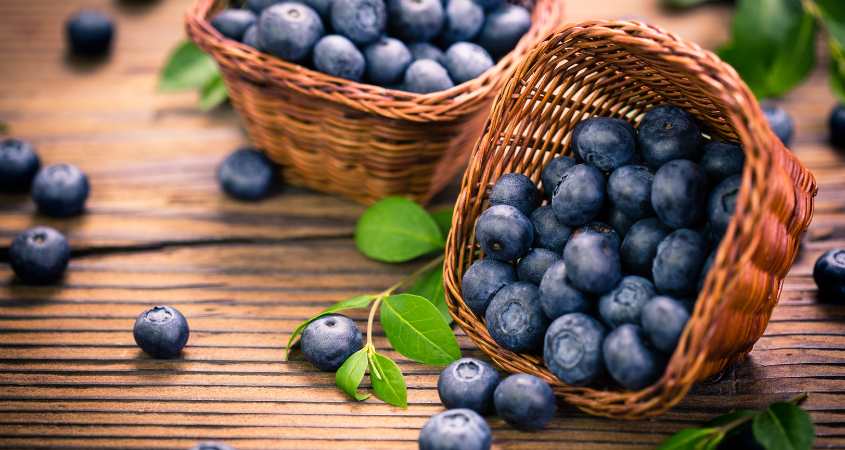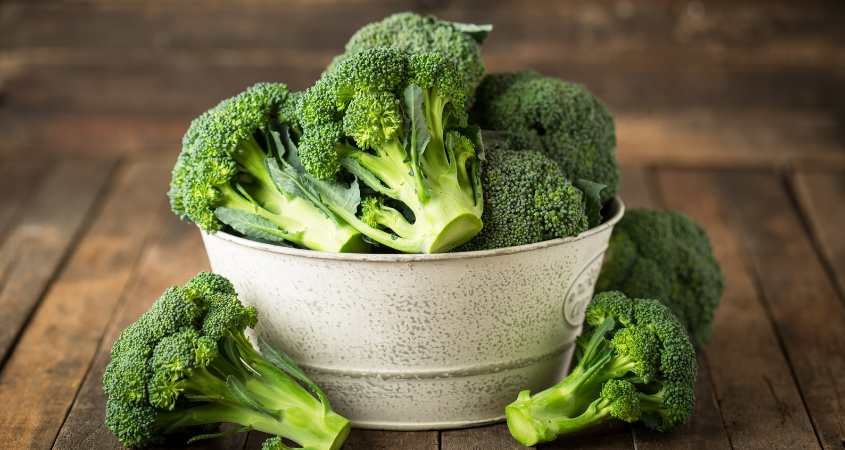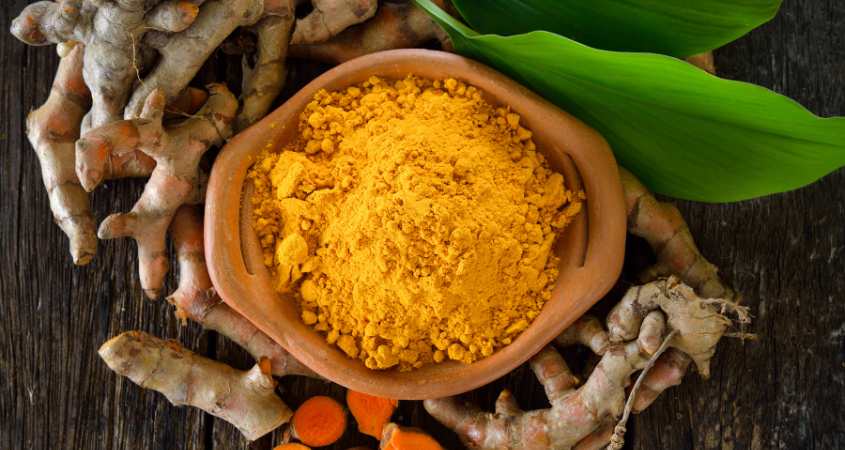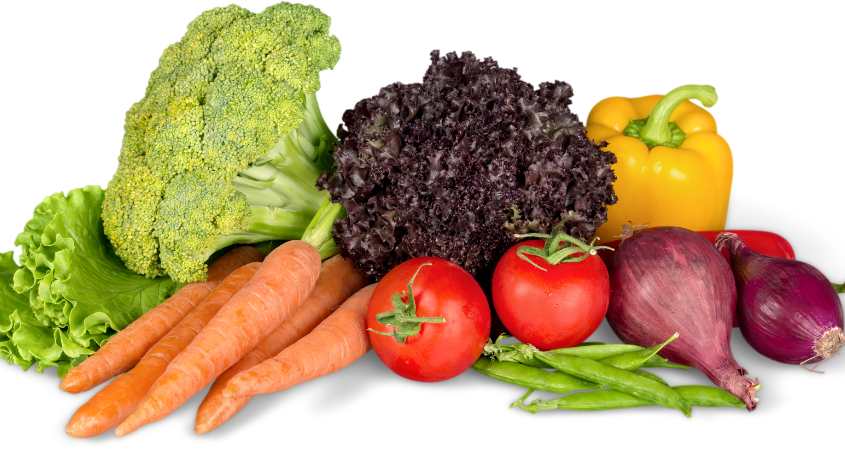Let’s see which top Healthy Foods are for Cognitive Health?
In our fast-paced, digital world, it’s easy to forget about the importance of good nutrition. But it turns out that what we eat can have a big impact on how well we think. Here are some foods that have been shown to improve cognitive health:
Walnuts
Walnuts are a good source of vitamin E and omega-3 fatty acids. They also contain antioxidants, which can improve memory and brain function.

A study published in the journal Neurology found that walnuts can reduce the risk of Alzheimer’s disease by 50 percent in people who regularly eat them. The same researchers found that walnuts may also help with mood disorders like depression or anxiety.
Blueberries
Blueberries are a good source of antioxidants, which can help protect your brain from the effects of aging. Antioxidants neutralize free radicals that cause damage to cells and DNA. Blueberries also contain vitamin C, which plays an important role in maintaining healthy skin and bones by repairing tissue damage caused by ultraviolet rays (UV). Vitamin C is also needed to prevent scurvy, a disease caused by lack of vitamin C.

Blueberries are rich in fiber; this helps keep blood sugar levels steady so you don’t experience mood swings or fatigue after eating them as well as preventing constipation (which may lead to colon cancer). Blueberries have been associated with memory loss prevention because they contain anthocyanins plant pigments that help protect neurons from oxidative stress caused by free radicals released during exercise or activity such as walking around town after work hours!
Broccoli
Broccoli is a great source of vitamin K and C, which help maintain cognitive health. It also contains fiber and calcium, both essential for brain function. The low calories and lack of fat present in broccoli make it an excellent food to consume on a regular basis if you’re trying to maintain a healthy weight or lose weight (or both!).

If you don’t like the taste of broccoli or are not convinced that it will provide your body with the nutrients it needs then there are other options available such as cauliflower (which has similar nutritional value).
Avocados
Avocados are a great source of potassium, a mineral that plays an important role in keeping your brain healthy. A high intake of potassium is recommended for maintaining healthy blood pressure levels and also helps to prevent muscle cramps during physical activity.

Avocados are rich in monounsaturated fat, which has been shown to reduce inflammation associated with cardiovascular disease by inhibiting the formation of harmful compounds called arachidonic acid metabolites (AA). These AA metabolites are produced when the body processes certain foods such as red meat and dairy products; however, they can lead to atherosclerosis if not properly metabolized.
In addition to their anti-inflammatory properties, avocados have been shown to improve insulin sensitivity by increasing adiponectin production a hormone secreted by fat cells that regulates metabolism as well as inflammation within cells.
Leafy greens

Leafy greens are a good source of antioxidants and nutrients that can help you stay healthy. The best way to cook leafy greens is by steaming or sautéing them in a small amount of water until they’re tender enough to eat. Steamed broccoli will take only 5 minutes, while massaged kale can take up to 20 minutes at a low heat.
A quick tip: store your leafy greens in the fridge after you’ve finished cooking them so they’ll stay fresh longer!
Dark chocolate

Dark chocolate is a source of flavanols, which boost the flow of blood to the brain and improve memory, focus and energy levels. The darker the chocolate, the more flavanols it contains.
Flavanols are antioxidants that protect against cell damage caused by free radicals in your body. They also increase blood flow to your brain by dilating arteries a process called “vasodilation.”
Turmeric and curry
Turmeric is a spice that has been used for centuries. It’s often referred to as “gold” or “yellow,” and it has been shown to have powerful anti-inflammatory properties. These properties can help reduce the risk of Alzheimer’s, cancer and heart disease.

Turmeric also contains curcumin, which is a powerful antioxidant that protects against oxidative damage caused by free radicals in your body (which can lead to aging). Free radicals cause inflammation and increase risk factors like high cholesterol and blood pressure while curcumin helps prevent these problems from occurring in the first place by reducing their effects on your body’s cells.
Tomatoes, Carrots & Squash
Tomatoes and carrots are rich in beta-carotene, which is converted to vitamin A in the body. Vitamin A is important for vision, since it helps maintain healthy eyesight by promoting cell growth and repairing damage from free radicals. It’s also essential for brain health during pregnancy because it helps develop a baby’s eyesight at an early age.

Squash is one of the best sources of vitamin C an antioxidant that protects against cell damage caused by oxidative stress (free radicals). When you eat squash, your body can use this antioxidant to help prevent chronic diseases like cancer or heart disease.
Eat these foods to stay sharp
- Eggs
- Fish (salmon, tuna, trout)
- Walnuts and walnut oil
- Blueberries and blueberry juice
Conclusion
We hope this list has been helpful in explaining the benefits of eating healthy foods and how to get more of them into your diet. If you’re looking to improve your cognitive health, there are many ways to do so. And while we listed some foods that are popularly known as brain food, there are many other options out there from dark chocolate and broccoli to blueberries so don’t feel limited by what we said above!
For more info Visit Us




